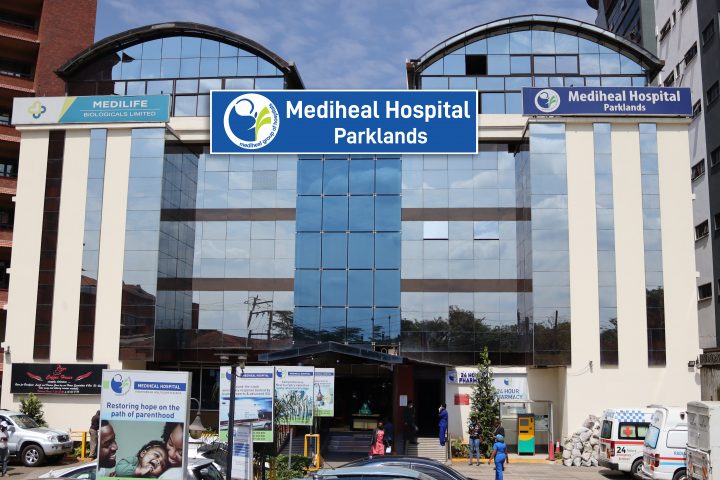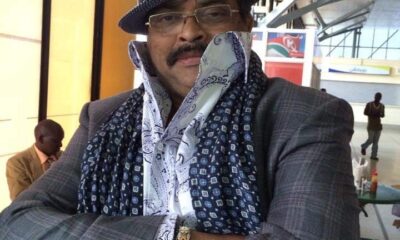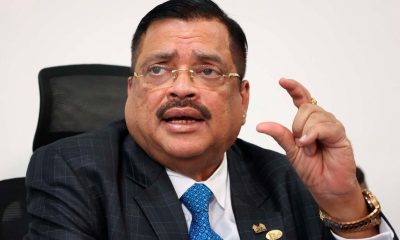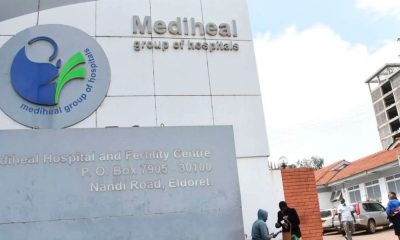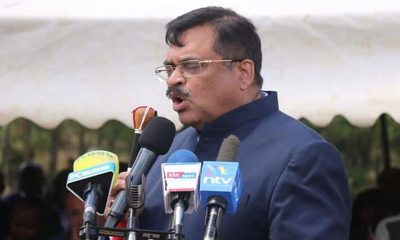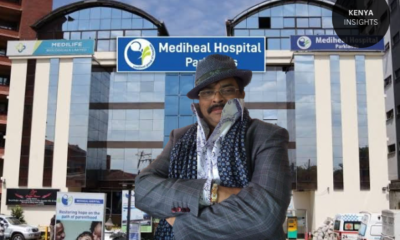Investigations
Israeli Tip That Blew the Lid on Organ Trafficking at Mediheal
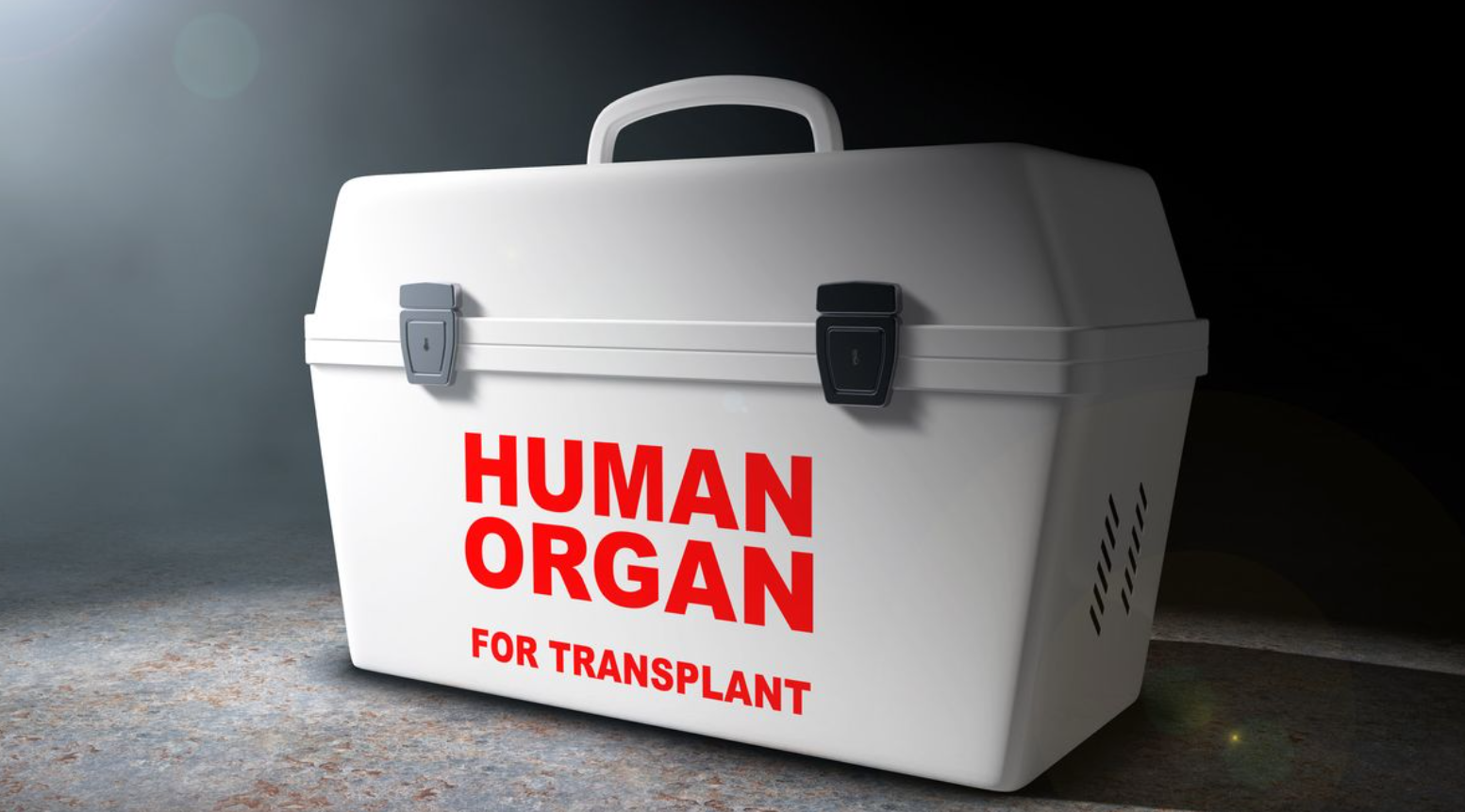
In July 2023, a letter from halfway across the globe sparked a scandal that ripped open the carefully guarded secrets of a respected hospital in Eldoret.
Israeli authorities had noticed something odd—patients returning from Kenya after kidney transplants couldn’t explain where their donors came from.
The relationships seemed fake, the surgeries suspicious, and the trail led straight to Mediheal Hospital.
What followed was a tale of deceit, medical corruption, and global concern that exposed Kenya’s vulnerability in the fight against organ trafficking. This is the chilling truth behind the organ trafficking at Mediheal.
International Watchdogs Raise the Alarm on Organ Trafficking at Mediheal
On July 20, 2023, the Transplantation Society (TTS) and the Declaration of Istanbul Custodian Group (DICG), two global watchdogs in human organ transplants, sounded the alarm.
Their top officials—Prof. Elmi Muller and Dr. Thomas Muller—wrote directly to Kenya’s transplant regulator.
The letter, addressed to Dr. Maurice Wakabubwi, then acting CEO of the Kenya Tissue and Transplant Authority, warned about a potential human trafficking network operating within a Kenyan hospital.
The concern? Israeli patients returning home after surgeries in Kenya said they’d received kidneys from “relatives.” But these so-called relatives turned out to be non-existent or unverifiable.
In most cases, donors were allegedly labeled as “nephews,” a term repeatedly used to pass them off as family members.
The investigators were clear: if the donors were indeed relatives, there would be no reason for the surgeries to happen in Kenya. They could have easily been done in Israel.
The TTS and DICG noted that the operation was likely being run by an organized syndicate that had learned to bypass Kenya’s transplant regulations.
They specifically mentioned that “several kidney transplants involving trafficked foreign kidney donors” had taken place in Eldoret—pointing the finger at Mediheal Hospital.
The donors, according to the report, came from Central Asia, while the lead doctors were of Indian origin. The letter offered Kenya technical support and urged officials not to ignore the signs.
Mediheal at the Center of the Storm
The hospital at the center of these claims—Mediheal—is one of Kenya’s most prominent private healthcare facilities. Known for advanced medical procedures and foreign specialists, it has long marketed itself as a leader in kidney transplants.
But behind the spotless hospital walls, investigators now believe lies a well-oiled organ trafficking syndicate.
At the heart of the issue is transplant tourism—a practice where foreign patients travel to other countries to receive illegal or unethical organ transplants.
Mediheal allegedly became a hotspot for such procedures, where brokers match desperate patients with poor foreign donors for the right price.
What raised red flags was the repeated pattern of unverifiable relationships between donors and recipients. This, coupled with the clinic’s consistent use of foreign surgeons and patients, made global watchdogs suspicious.
The DICG stressed that such activities violate the Declaration of Istanbul, a global framework signed by over 50 countries, including Kenya, which prohibits trafficking and unethical transplant practices.
Dr. Wakabubwi was urged to act—and quickly. The TTS and DICG reminded him that Kenya is not alone in facing this challenge, but ignoring the signs could make it a safe haven for traffickers.
Kenya’s Slow Response and Government Involvement
Despite the seriousness of the letter, action in Kenya was sluggish. It wasn’t until October 2023, three months later, that Dr. Wakabubwi responded formally. He wrote to the Secretary of Administration at the State Department for Medical Services.
In his letter, he requested Sh1.3 million in funding—attaching the original warning letter as justification. But why the delay? Why wasn’t the hospital immediately investigated? Why was the public kept in the dark?
These are the questions Kenyans have the right to ask. The case exposed glaring weaknesses in the country’s transplant monitoring system.
It also showed how easily foreign syndicates can exploit regulatory loopholes to conduct life-altering surgeries—often without the full consent of the donors.
In the months following the scandal, the Kenya Tissue and Transplant Authority was restructured and renamed the Kenya Blood Transfusion and Transplant Service (KBTTS). Whether this change will lead to real reform is still unclear.
But the fact remains—an international scandal had to break before Kenya took action. That is a national shame.
The Bigger Picture – Organ Trafficking Is a Global Crisis
The organ trafficking at Mediheal is not just a Kenyan problem. It’s part of a much larger global crisis where poverty, desperation, and corruption meet. Traffickers prey on the world’s most vulnerable people, often luring them with small payments to donate kidneys—sometimes under force or false promises.
According to the World Health Organization, thousands of illegal transplants take place every year. The black market for kidneys is booming, and clinics in developing nations have become the go-to for foreign patients willing to bypass ethics for survival.
Kenya now stands accused of being a weak link in this chain. But it also has the opportunity to lead in reform. This case must not be swept under the rug. The government must investigate, prosecute, and clean house.
Mediheal must be held accountable, and oversight bodies must prove they are more than just paper tigers. The trust of patients—both local and international—is on the line.
Conclusion
The Israeli tip that exposed the organ trafficking at Mediheal pulled back the curtain on a medical scandal of global proportions. What started as whispers became hard evidence of illegal transplants and unethical medical practices.
Now, Kenya must choose—silence and complicity or transparency and justice. The world is watching.
Kenya Insights allows guest blogging, if you want to be published on Kenya’s most authoritative and accurate blog, have an expose, news TIPS, story angles, human interest stories, drop us an email on [email protected] or via Telegram
-

 News2 weeks ago
News2 weeks agoTHE FIRM IN THE DOCK: How Kaplan and Stratton Became the Most Scrutinised Law Firm in Kenya
-

 Economy2 weeks ago
Economy2 weeks agoIran Demands Arrest, Prosecution Of Kenya’s Cup of Joe Director Director Over Sh2.6 Billion Tea Fraud
-

 Grapevine1 week ago
Grapevine1 week agoA UN Director Based in Nairobi Was Deep in an Intimate Friendship With Epstein — He Even Sent Her a Sex Toy
-

 Business2 weeks ago
Business2 weeks agoKPC IPO Set To Flop Ahead Of Deadline, Here’s The Experts’ Take
-

 Politics2 weeks ago
Politics2 weeks agoPresident Ruto and Uhuru Reportedly Gets In A Heated Argument In A Closed-Door Meeting With Ethiopian PM Abiy Ahmed
-

 Investigations1 week ago
Investigations1 week agoHow Mexico Drug Lord’s Girlfriend Gave Him Away
-

 Business2 weeks ago
Business2 weeks agoSafaricom Faces Avalanche of Lawsuits Over Data Privacy as Acquitted Student Demands Sh200mn Compensation in 48 Hours
-

 Investigations2 weeks ago
Investigations2 weeks agoKenya’s DCI Opens Probe on Russian Man Who Secretly Filmed Sex Escapades With Women — But There’s a Slim Chance They’ll Ever Get Him

